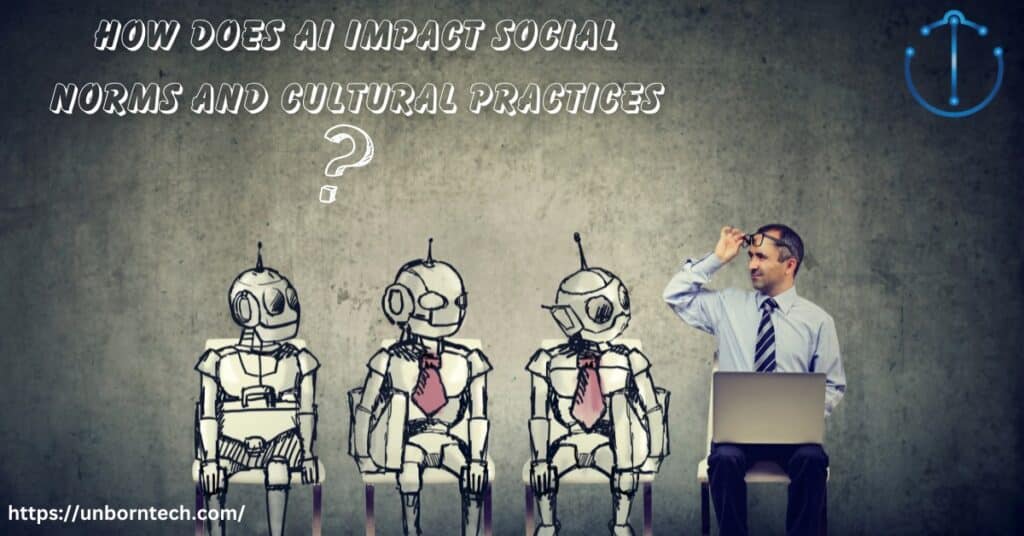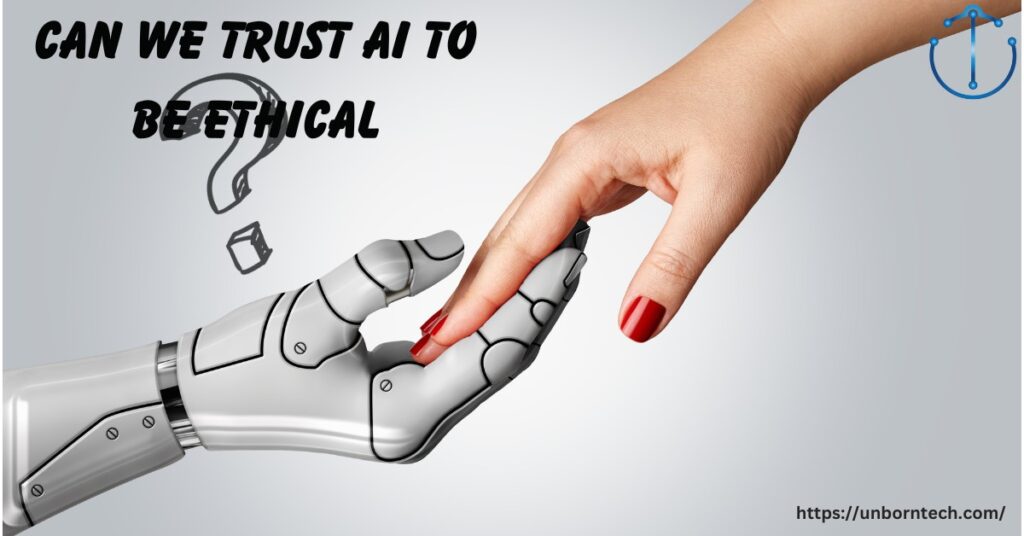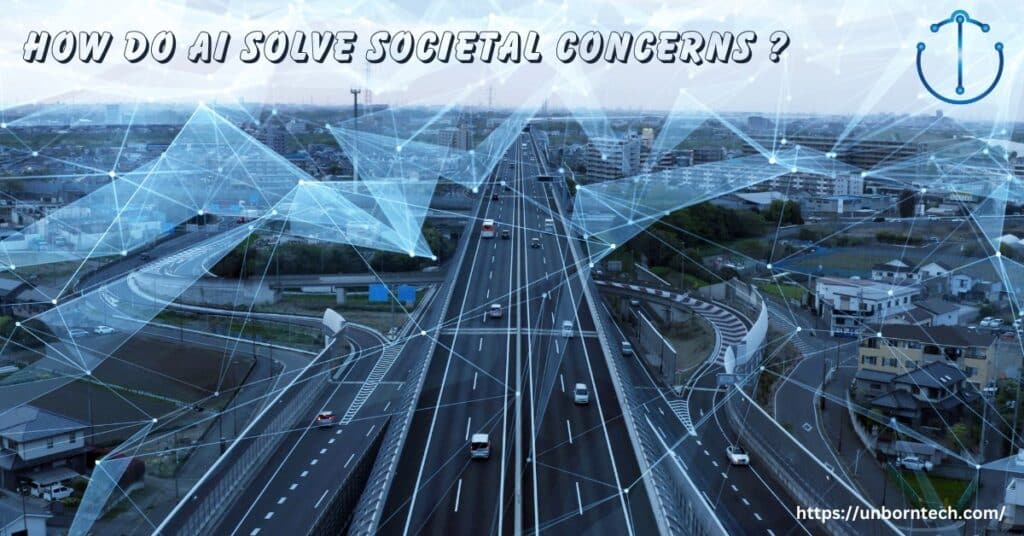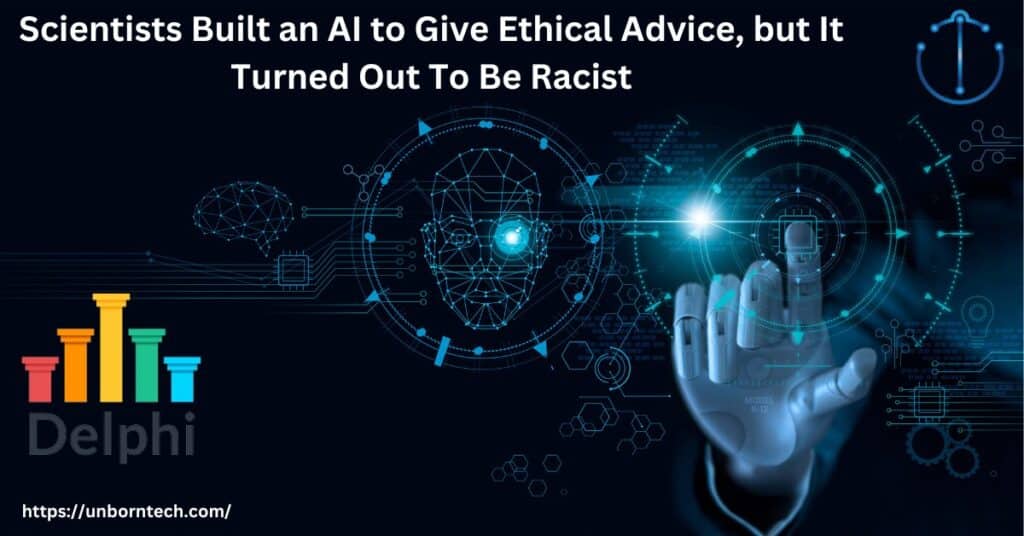Artificial Intelligence has emerged as a powerful force reshaping various facets of society, including social norms and cultural practices.
As AI technologies continue to advance, they exert profound influence on how we communicate, interact, and perceive the world around us.
In this comprehensive exploration, we’ll delve into ten ways AI is transforming social norms and cultural practices.
Table of Contents
10 ways AI Impact Social Norms And Cultural Practices
Here are the 10 ways AI impacts social norms and cultural practices, shaping the fabric of society and influencing our interactions, perceptions, and values.
1. Redefining Human-Machine Interaction
AI-powered communication tools such as chatbots, virtual assistants, and language translation services are revolutionizing how individuals interact with technology and each other.
These systems analyze language patterns, understand context, and provide personalized responses, blurring the lines between human-human and human-machine interactions.
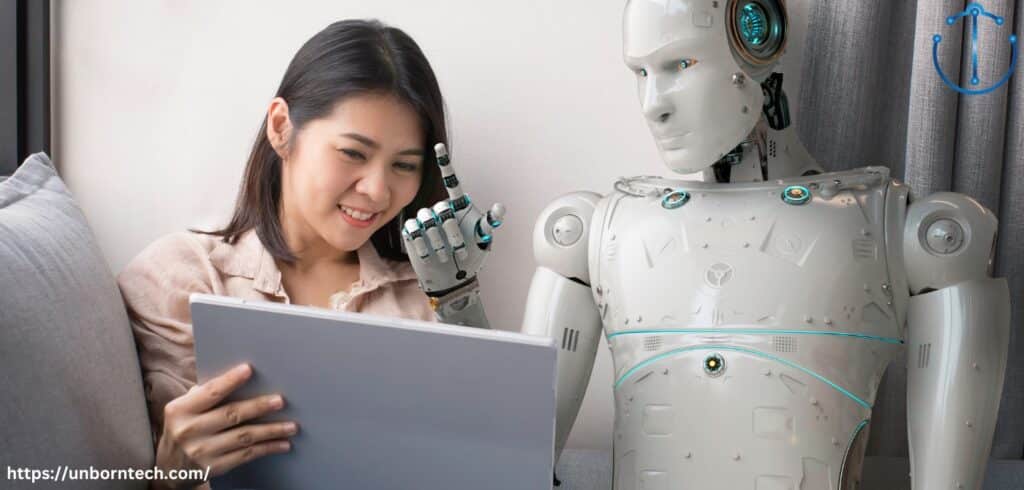
Example: Chatbots like Siri, Alexa, and Google Assistant have become ubiquitous in households worldwide, altering traditional communication patterns within families and communities.
2. Influence on Social Media Consumption
AI algorithms deployed on social media platforms curate personalized content feeds based on user preferences, behaviors, and demographic information.
This targeted approach influences the type of content individuals consume, shaping their worldview and reinforcing certain societal narratives.
Example: Facebook’s News Feed algorithm prioritizes content that garners high engagement, leading to echo chambers and filter bubbles where users are exposed to information that aligns with their existing beliefs and interests.
3. Cultural Representation in Entertainment
AI technologies are transforming the entertainment industry by enabling the creation of culturally diverse content and characters.
Machine learning algorithms analyze audience preferences to tailor content that resonates with diverse cultural backgrounds, fostering inclusivity and representation.
Example: Deep learning algorithms in filmmaking facilitate the creation of characters and storylines that authentically represent diverse cultures and identities, contributing to the portrayal of underrepresented communities in mainstream media.
4. Bridging Language Barriers
AI-powered language translation tools facilitate cross-cultural communication by breaking down language barriers.
These tools leverage machine learning algorithms to provide accurate translations in real-time, enabling individuals to interact and collaborate across linguistic divides.
Example: Google Translate utilizes neural machine translation to deliver more accurate and contextually relevant translations, enhancing communication between speakers of different languages in diverse settings such as travel, business, and diplomacy.
5. Personalized Cultural Experiences
AI-driven recommendation systems personalize cultural experiences by suggesting relevant content, events, and activities based on individual preferences and interests.
These recommendations enhance user engagement and satisfaction, enriching cultural exploration and discovery.
Example: Streaming platforms like Netflix leverage AI algorithms to recommend movies, TV shows, and documentaries tailored to each user’s viewing history and preferences, offering a personalized entertainment experience.
6. Preservation of Cultural Heritage
AI technologies play a crucial role in preserving and digitizing cultural heritage for future generations.
Digitization initiatives coupled with AI-powered analytics enable the restoration of historical artifacts, the reconstruction of ancient languages, and the preservation of indigenous knowledge systems.
Example: The British Museum collaborates with Google Arts & Culture to digitize and archive cultural artifacts, making them accessible to a global audience and safeguarding cultural heritage from physical deterioration and loss. (Source)
7. Accessibility
AI-driven accessibility features enhance cultural participation and inclusion for individuals with disabilities. Text-to-speech and speech recognition technologies enable people with visual or hearing impairments to engage with cultural content and activities, promoting equal access and participation.
Example: Voice-enabled virtual assistants like Amazon Echo and Apple’s Siri incorporate accessibility features such as voice commands and audio feedback, empowering users with disabilities to navigate digital platforms and access cultural resources independently.
8. Reinforcing Echo Chambers and Polarization
AI-driven algorithms that personalize content recommendations on social media platforms can inadvertently contribute to the formation of echo chambers, where individuals are exposed primarily to information that aligns with their existing beliefs and ideologies.
This reinforcement of like-minded content solidifies people’s perspectives and ideologies, potentially trapping them in a singular reality.
This phenomenon can be detrimental to society as it limits exposure to diverse viewpoints and alternative perspectives, hindering meaningful dialogue and fostering social divisiveness.
Example: Social media platforms like Facebook and Twitter utilize AI algorithms to prioritize content in users’ feeds based on engagement metrics and user interactions. This can create echo chambers where users are predominantly exposed to content that reaffirms their existing viewpoints, leading to a fragmented digital landscape where diverse perspectives are marginalized.
9. Augmented Cultural Education
AI technologies enhance cultural education by providing immersive and interactive learning experiences, enabling users to explore diverse cultures and heritage sites virtually.
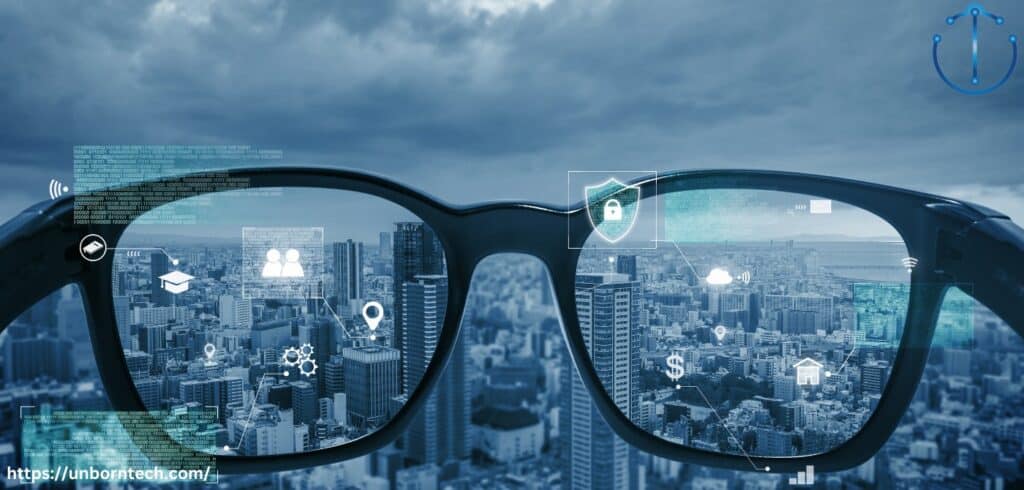
Example: Augmented reality (AR) apps like Google Arts & Culture allow users to virtually explore museums, historical landmarks, and cultural artifacts, fostering cultural appreciation and understanding.
10. Empowering Indigenous Communities
AI technologies empower indigenous communities to preserve and revitalize their cultural heritage and traditional knowledge systems.
Collaborative initiatives leverage AI-driven tools for language revitalization, environmental conservation, and community development, empowering indigenous peoples to reclaim agency over their cultural identities and practices.
Example: The Indigenous AI Lab at Stanford University develops AI-driven tools and resources in collaboration with indigenous communities to address their specific needs and priorities, ranging from language documentation to land stewardship.
Conclusion
As AI continues to evolve, its transformative impact on social norms and cultural practices will shape the future of human interaction and cultural exchange.
By recognizing the multifaceted ways in which AI influences our collective behaviors and values, we can harness its potential to promote cultural diversity, inclusivity, and mutual understanding in an increasingly interconnected world.
However, addressing ethical considerations and mitigating unintended consequences are imperative to ensure that AI serves as a force for positive social change and cultural enrichment.
Frequently Asked Questions (FAQs)
How does AI affect society and culture?
AI impacts society and culture by transforming industries, changing how we work and interact, and influencing cultural norms and values. It enhances efficiency but also raises concerns about job displacement and privacy.
What is the social impact of artificial intelligence?
The social impact of AI includes changes in employment patterns, shifts in power dynamics, and alterations in how we communicate and access information. It can exacerbate inequality and lead to ethical dilemmas.
What role does AI play in shaping online behavior and digital discourse?
AI algorithms drive content curation on social media platforms, influencing user behavior by tailoring content based on preferences and potentially reinforcing echo chambers and filter bubbles.
What ethical considerations arise from the use of AI in cultural contexts?
AI technologies raise concerns regarding bias and discrimination, particularly in facial recognition systems, highlighting the importance of transparent and accountable AI systems to mitigate biases.
How does AI enhance cultural education?
AI provides immersive and interactive cultural learning experiences through augmented reality apps and virtual tours, allowing users to explore diverse cultures and heritage sites virtually.
What are 3 negative impacts of AI on society?
Three of the most prominent negative impacts could have on society include;
1. Job Displacement: AI automation threatens traditional job roles, leading to unemployment and economic instability for many.
2. Bias and Discrimination: AI algorithms can inherit biases from their training data, perpetuating and even amplifying societal prejudices.
3. Loss of Human Connection: Over-reliance on AI technologies may diminish interpersonal relationships and human empathy, leading to social isolation and alienation.
What is the negative impact of AI on ethics?
AI poses ethical challenges primarily concerning accountability, transparency, and fairness. The opacity of AI decision-making processes raises concerns about accountability when errors or harmful outcomes occur.
Moreover, the use of AI in sensitive areas like law enforcement or healthcare raises questions about fairness, privacy, and the potential for discrimination.

